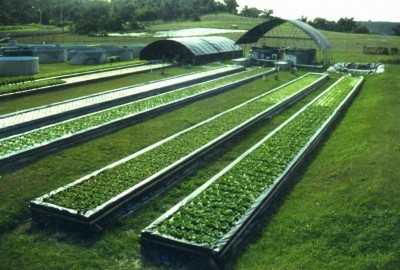PepsiCo partners with China's Ministry of Agriculture for sustainable farming

The two signed a Memorandum of Understanding (MoU) to this effect last week to increase the use of sustainable farming practices as laid out under China's 12th Five-Year Plan.
A spokesperson for PepsiCo, told FoodNavigator-Asia that the objectives of the MOU are to accelerate agriculture development in China, but refused to comment on how the investment would support its operations.
She said that the partnership would help local community and farmers implement water- and energy-saving technologies, raise crop yields and increase income through advanced agriculture techniques.
“As part of the joint initiative, PepsiCo and the Ministry of Agriculture will build and operate demonstration farms that leverage the most advanced irrigation, fertilization and crop management techniques,” she said.
PepsiCo claims to be one of the largest agriculture-related enterprises in China, having already invested more than RMB200m (US$31m) in agricultural development.
In May 2010, the company announced that it was investing US$2.5bn in its China business over the next few years, on top of a US$1bn investment announced in 2008.
“We have a PepsiCo pilot farm in Inner Mongolia that has used advanced irrigation technologies to transform desert into fertile potato farmland. The average yield of PepsiCo's 8 potato farms in China has increased to 45 tons per hectare, meeting the global standard,” she said.
The spokesperson added that PepsiCo employs two operating models in China, contract farming and self-farming. According to her, PepsiCo supports each farming project with both financial and raw material assistance.
“This includes zero-interest loans for seed stock and the purchase of farming machinery, as workshops, training materials, expert consulting, and information on proper storage, logistics management and food safety,” she said.












